Pesticides are valuable compounds used to control pests and protect crops, homes, and public health. On the other side, it contains toxic chemicals that can be harmful to people, pets, and the environment If not disposed of properly. So, it is critical to follow the disposal methods on the product label and to always wear protective equipment when working with pesticides. In this blog, we will address the importance of pesticide disposal safety and provide guidance for properly disposing of old and used pesticides.
Why is Safe Pesticide Disposal Important?
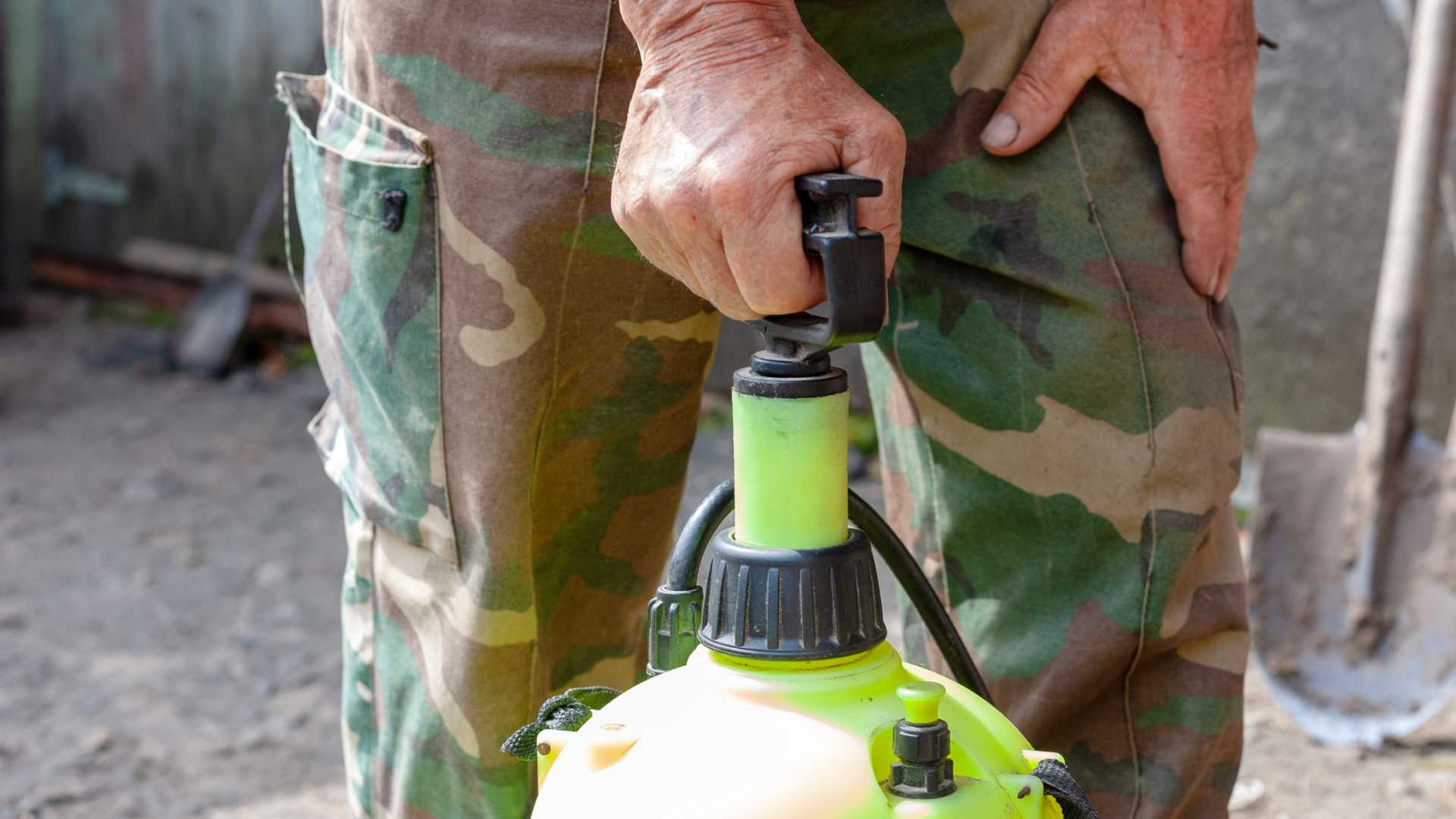
Here are Some of the reasons why safe pesticide disposal is important:
1. Protect human health
Pesticides can be harmful to humans if they are ingested, inhaled, or absorbed through the skin. Improper disposal of pesticides can lead to accidental exposure, which can cause various kinds of health problems, including poisoning, respiratory problems, and cancer.
2. Protect the environment
It can pollute soil, water, and air. This can harm plants, animals, and other organisms. It can also contaminate drinking water and food supplies.
3. Prevent Pests from becoming resistant to pesticides
When pesticides are not disposed of properly, they can enter the environment and contaminate soil and water. And also, it can lead to pests becoming resistant to the pesticides, making it more difficult to control them in the future.
How to Dispose of Old and Used Pesticides Safely
1. Check the Label
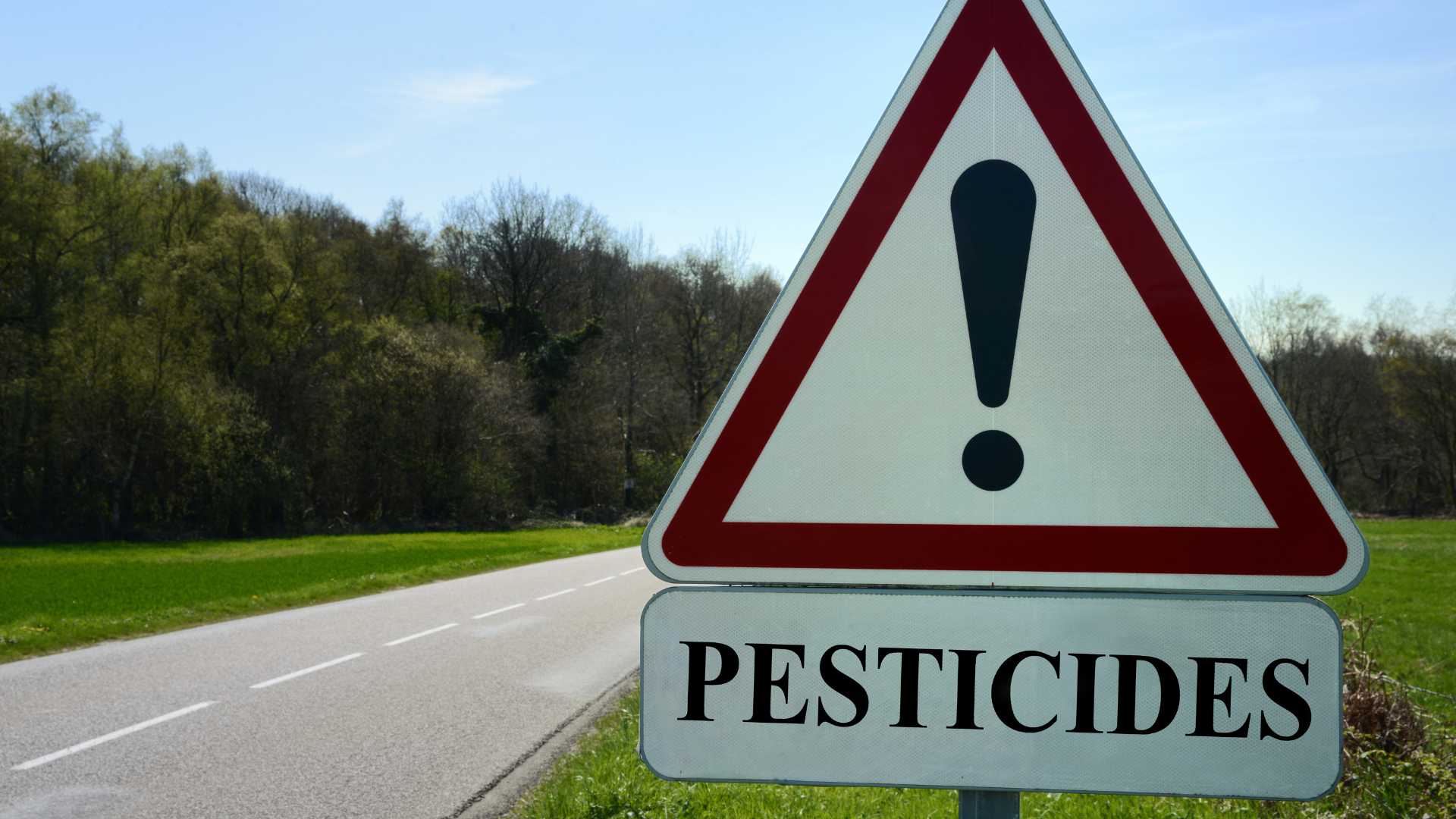
Before you start this waste disposal process, it is important to read the pesticide label carefully. Many pesticides may have particular instructions for disposal, which should be followed strictly. It provides information on recommended disposal methods or assists you to contact local authorities for guidance.
2. Contact Your Local Authorities

Local authorities, such as your city or county waste management department, can provide guidance on how to safely dispose of pesticides in your area. They may have specific programmes or events for collecting and disposing of hazardous waste, including pesticides. Contacting them will ensure that you are following the regulations and advice specific to your location.
3. Use Programmes for Collecting Pesticides
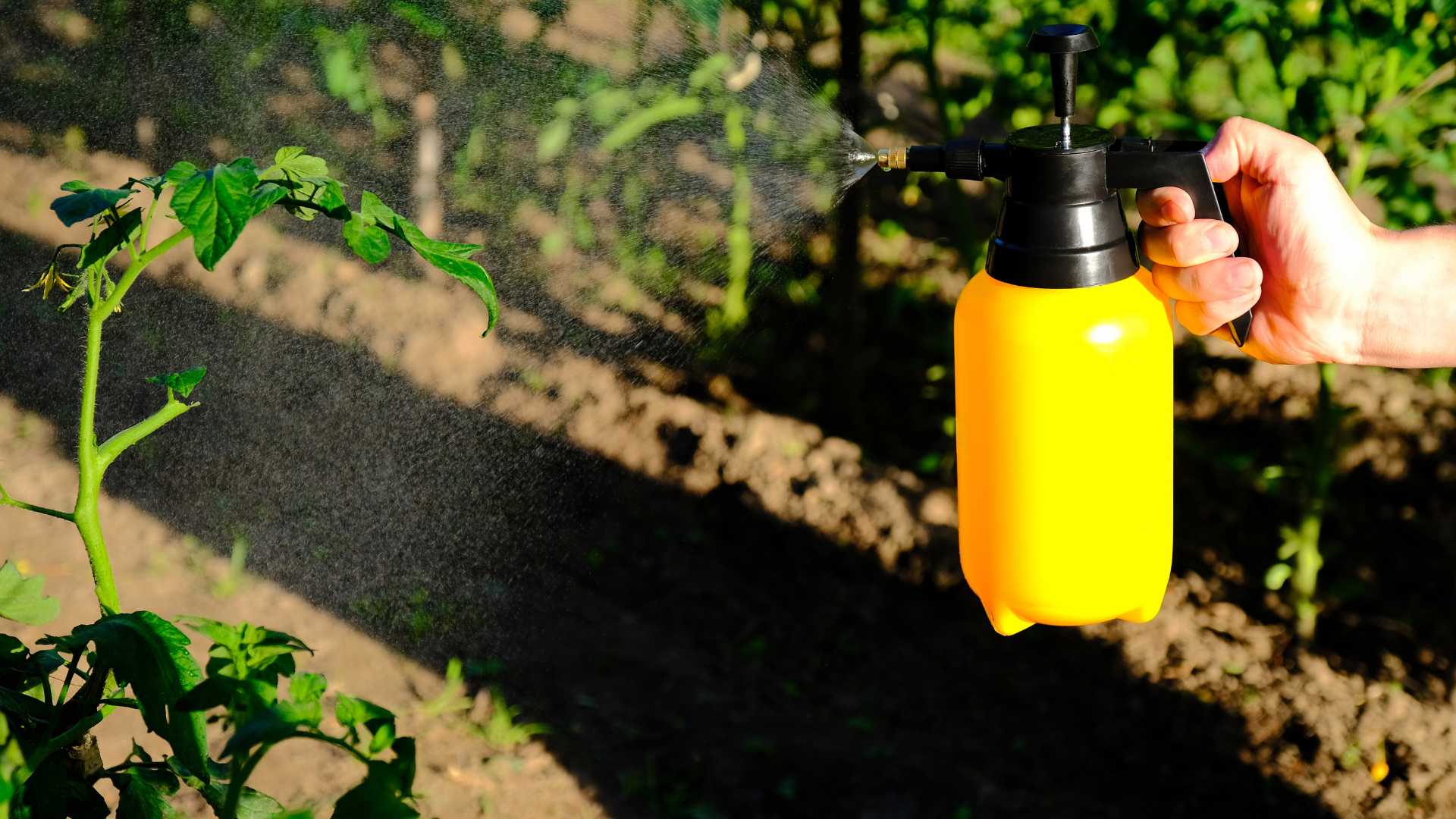
Nowadays, many communities have pesticide collection programmes that allow residents to safely dispose of unwanted pesticides. These programs are generally organized by your local authorities or environmental agencies. It provides a safe and convenient way to get rid of old or unused pesticides. So check with your local waste removal services for information on such programmes in your area.
4. Containers Should be Securely Sealed and Labelled
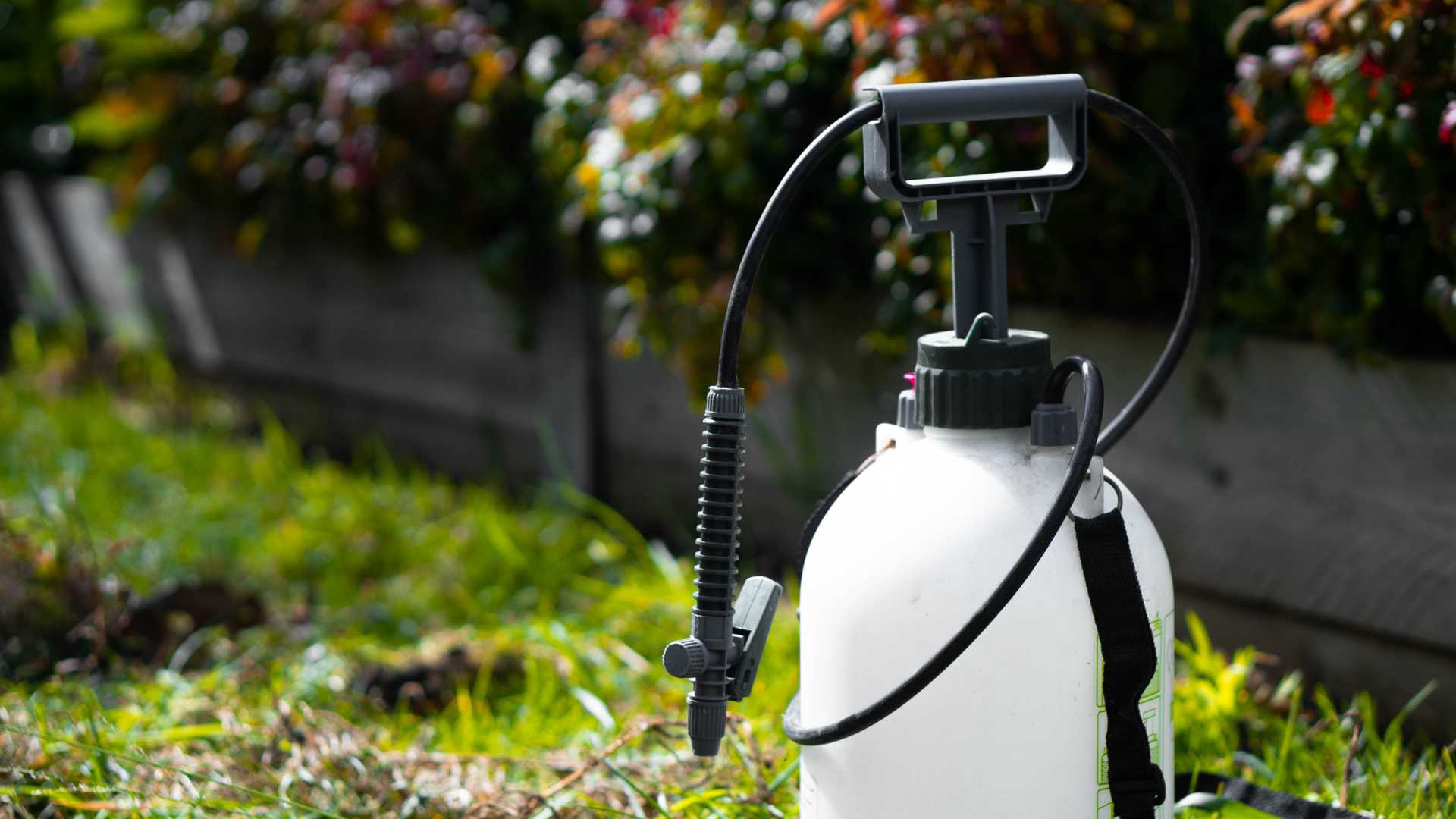
If you are storing pesticides for disposal, it is important to use sturdy, leak-proof containers. Ensure that the containers are tightly sealed and clearly labelled to prevent accidental spills or confusion. And keep the containers in a cool, dry place away from your children and pets until they can be safely disposed of.
5. Pesticide Recycling
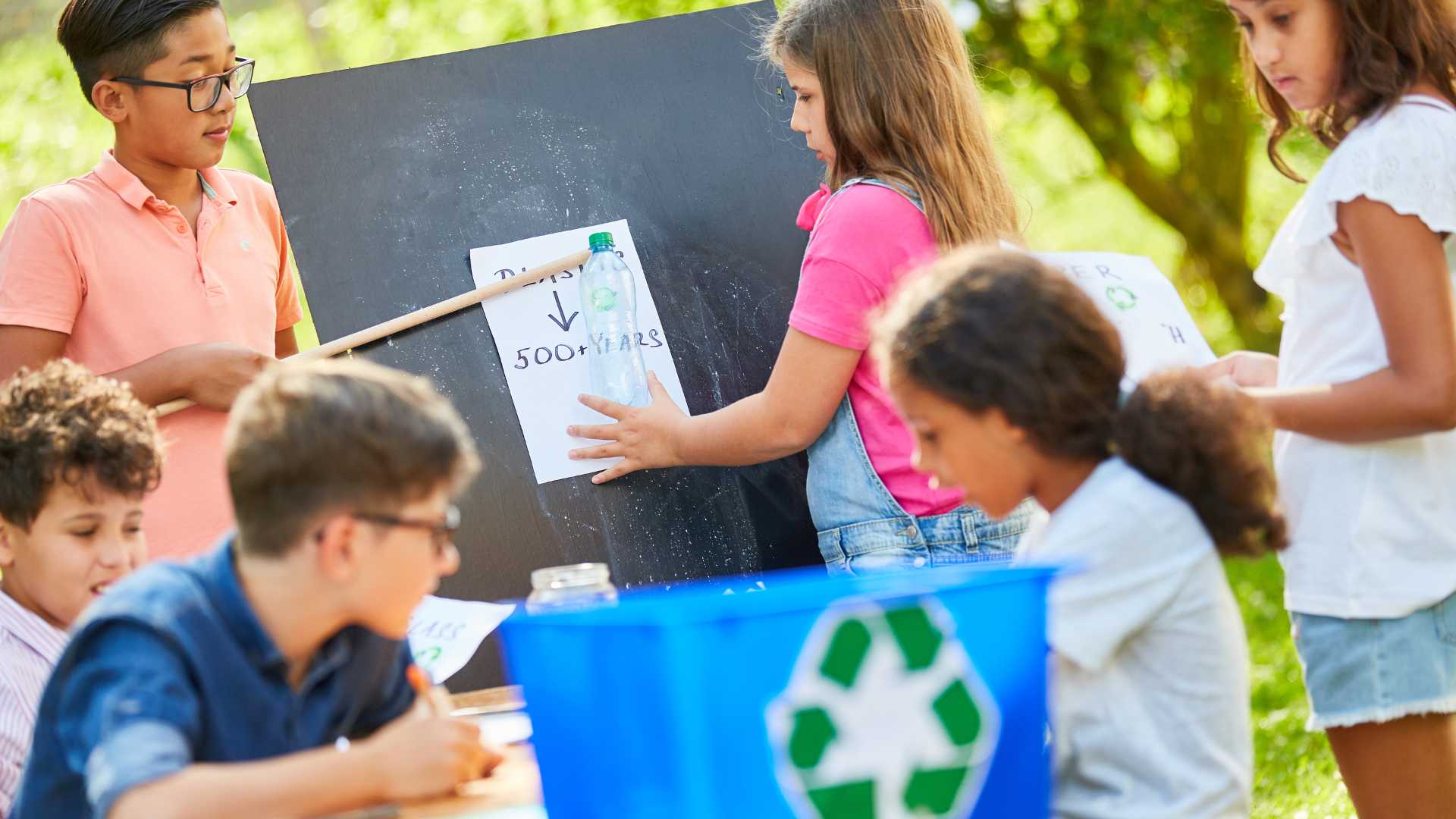
Particular pesticides may be recyclable in specific circumstances. Pesticide disposal can be made less harmful to the environment by recycling. Request information about pesticide recycling programmes at local recycling centres or hazardous waste disposal sites. They will provide instructions on how to prepare pesticides for effective recycling as well as where to drop them off.
6. Request Expert Assistance
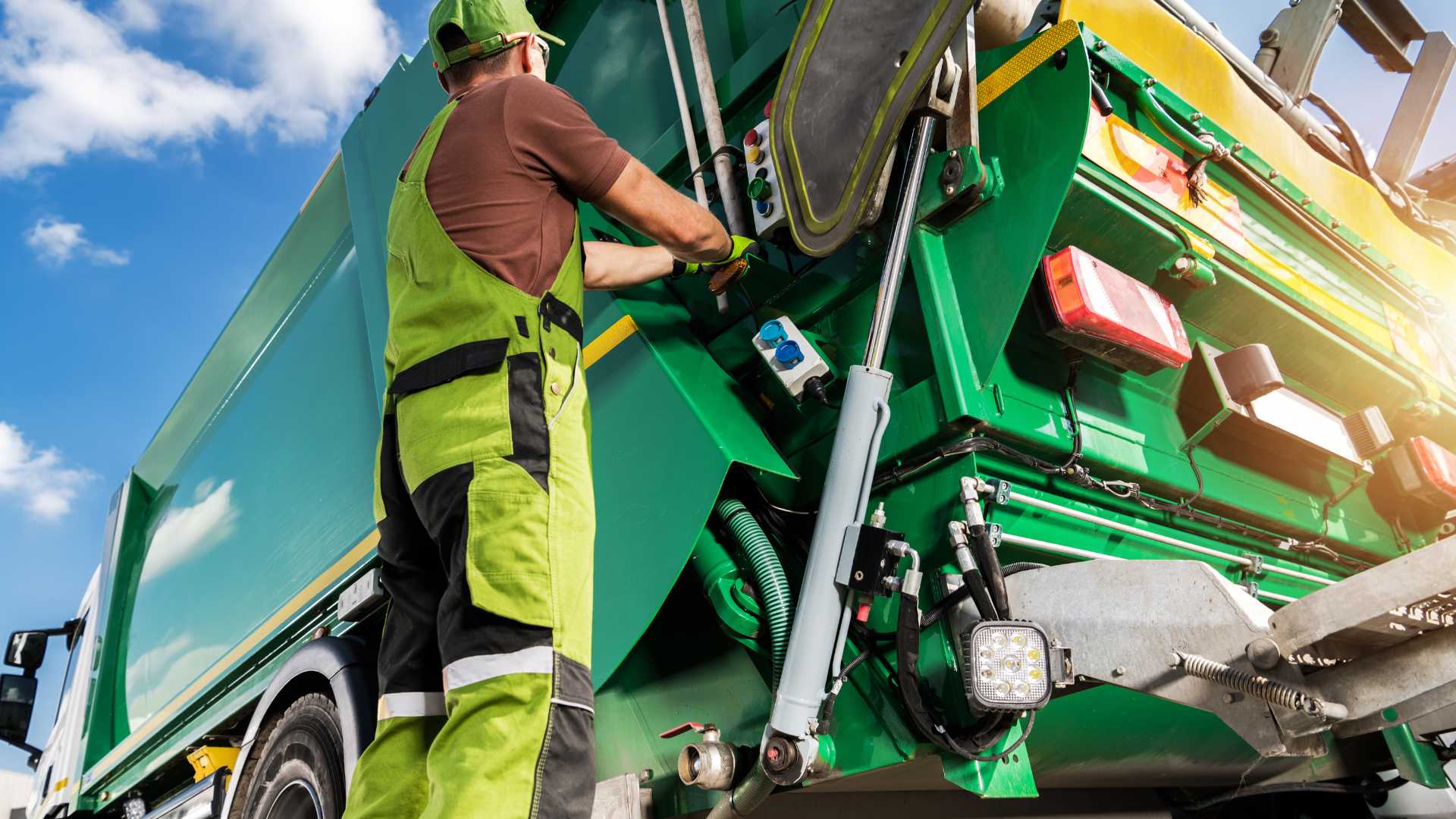
If you have a high quantity of expired or unused pesticides, or have come into contact with highly harmful or banned chemicals, consider hiring professional toxic waste removal services. They have the knowledge and resources to safely manage and dispose of dangerous chemicals.
Conclusion
By following these recommendations, you can ensure that your old and used pesticides are safely disposed of, and then you can protect your family from hazardous chemicals. Remember that the safest pesticide management is everyone’s responsibility.





